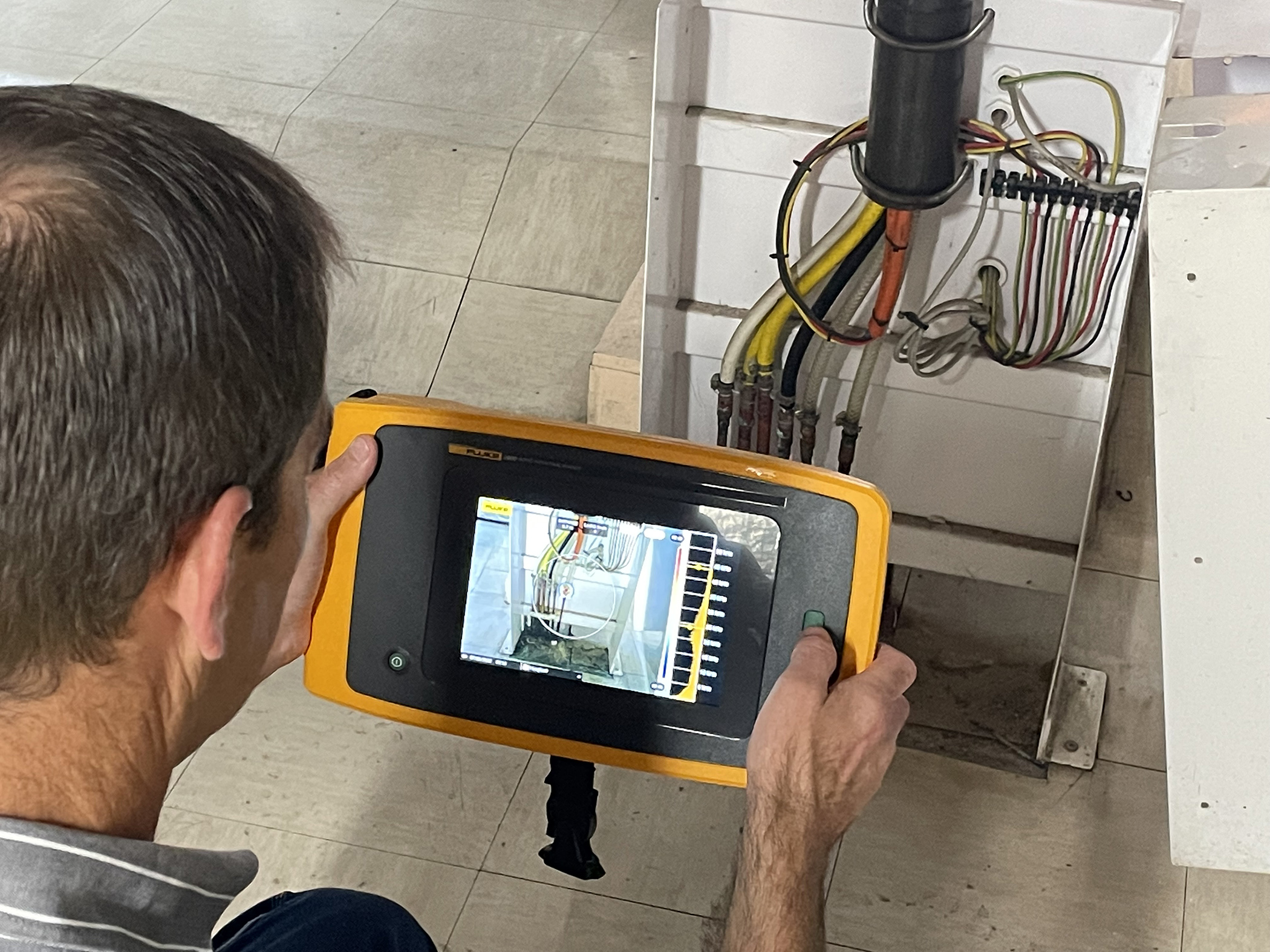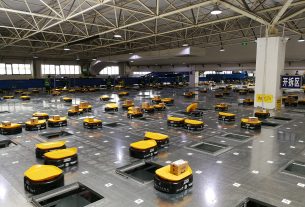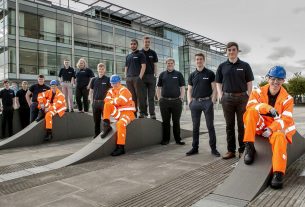Use of the Fluke™ ii900 Industrial Acoustic Imager for medical gas leak detection in Mediclinic hospitals has improved safety levels and cut costs while enabling the company to meet sustainability goals.
A pioneering application of the Fluke™ ii900 Industrial Acoustic Imager has enabled a world leader in patient care to improve safety levels across multiple hospital sites while also being able to meet its own demanding sustainability targets.
The Mediclinic Group, an international hospital group with operations in South Africa, Namibia, Switzerland, and the United Arab Emirates, is focused on continually improving patient outcomes. It is also committed to maximising safety levels in all its hospitals while improving sustainability to ensure a positive impact on the environment.
When a specialist thermography consultancy, KN Thermography, was called in to inspect the thermal efficiency of a South African Mediclinic hospital, it was using the Fluke ii900 Industrial Acoustic Imager. Discussions between the thermography company and Mediclinic Southern Africa’s Sustainability Manager Petrus Swanepoel quickly identified the possibility of using the equipment to detect leaks of medical gases within the hospital.
Reducing waste
Mediclinic was aware that by fixing leaks in the distribution of oxygen and nitrous oxide across all their hospitals it could not only make significant improvements to patient safety but could also substantially reduce its carbon footprint and boost its sustainability levels by reducing the use of natural resources.
Nitrous oxide (N2O) and medical oxygen (O2) are used extensively in hospitals. High levels of energy are used to separate air and produce medical gasses. Preventing leaks in hospitals has positive implications for the environment but a significant leak of either gas in a hospital can represent a serious health hazard.
The ii900 Industrial Acoustic Imager has been used to carry out rapid visual inspections on all pipes that send nitrous oxide from hospital basements to operating theatres and deliver oxygen to patient beds. This has enabled all leaks to be dealt with, reducing wastage percentages, and boosting Mediclinic hospitals’ levels of patient safety.
Improving sustainable operations
Committed to the efficient use of natural resources to improve patient care within Mediclinic, Petrus Swanepoel, said: “There is a pressing need for companies around the world to act more sustainably and the Fluke ii900 Industrial Acoustic Imager enabled us to do this by minimising the leakage of any medical gases and our increased use of oxygen during to the pandemic, with its associated costs, focused our attention on the benefits of identifying leaks. We are delighted that the equipment has been able to make such a big difference to patient safety and to minimising wastage.”
Francesco Pagin of Fluke added: “The ii900 Industrial Acoustic Imager has become highly popular as a tool for detecting leaks in compressed air systems, so this innovative application at the Mediclinic hospitals for identifying medical gas leakage is a really interesting new area of use. It opens up opportunities for maintenance and sustainability teams across a range of other sectors to boost efficiencies and sustainability levels by incorporating this powerful yet easy to use tool into their inspection and testing regimes.”
With its seven-inch LCD touchscreen and battery life of at least six hours, the Fluke ii900 Industrial Acoustic Imager is designed for use in range of challenging environments where testing can be carried out from a safe distance. Using a SoundMap™ on a visual image for rapid identification of discharge or leaks between frequencies of 2-100 kHZ, the ii900 makes video recordings of up to five minutes.
For more information on the Fluke ii900 IndustrialAcoustic Imager, please visit www.fluke.com/en-gb/product/industrial-imaging/sonic-industrial-imager-ii900.





